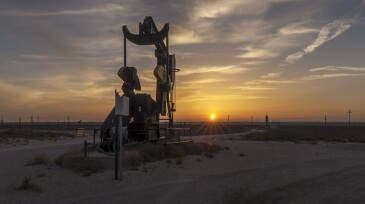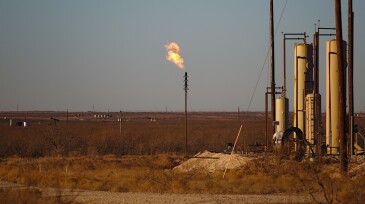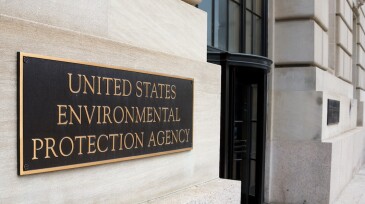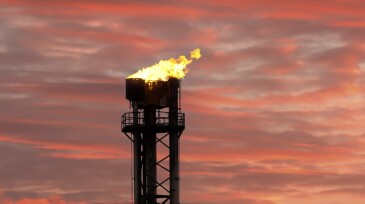Environmental Protection Agency
-
With shaky state funding and the EPA hamstrung by the Supreme Court, New Mexico could face a future with reduced protections.
-
The settlement to reduce emissions in North Dakota includes the largest ever Clean Air Act stationary source penalty and is expected to result in the reduction of more than 2.3 million tons of pollution.
-
Applications are open for the funding, which comes from the Inflation Reduction Act, for projects that help monitor, measure, quantify, and reduce methane emissions.
-
The revisions to the Greenhouse Gas Reporting Program aim to bring greater transparency and accountability for methane emissions from oil and natural gas facilities.
-
The agency estimated the updated standard will prevent up to 4,500 premature deaths and 290,000 lost workdays, yielding up to $46 billion in net health benefits in 2032.
-
The US Environmental Protection Agency has signed a final rule granting the state’s request for primary responsibility for the permitting, compliance, and enforcement of carbon sequestration wells under the Underground Injection Control Program.
-
With the methane emissions tax contained in the Inflation Reduction Act looming, confusion reigns over just how to calculate emissions and concerns grow the tax will hit smaller and mid-size companies hardest.
-
Coal states are questioning whether the Clean Air Act gave the EPA the power to create policy.
-
The US government is looking to size up efforts related to leak detection and repair practices.
-
The White House is taking a governmentwide approach to reducing emissions in the oil and gas industry.










